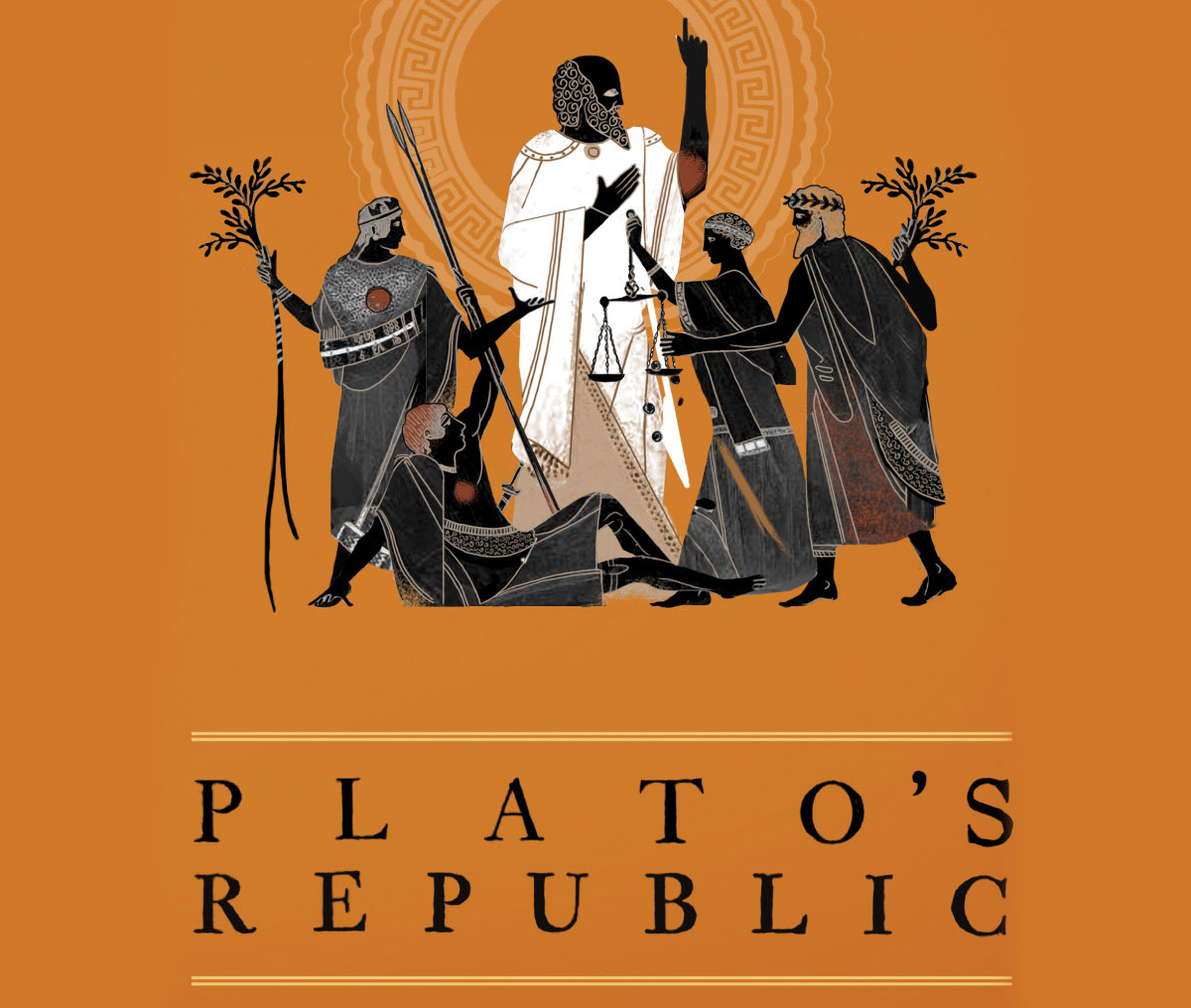

How far did this notion of nature or natural abilities extend for Plato/Socrates? Is this merely an organizational necessity for the utopian city? Or is there a sort of fatalistic belief involved here, that men are born in order to fulfill a specific role? Could a man born with skills of craftsmanship be educated to the point where he would be a fit ruler or even a philosopher, or is it written into his very nature that he must be a carpenter or the like? Set aside the demands of the ideal society - or can we do that, can we understand Socrates's comments without that context? It is through this principle that justice is defined, and that the ideal society functions.


In his Republic, Socrates describes the basic principle of the ideal society to be the separation, classification, and employment of men according to their natural abilities: a man is born with a natural aptitude for farming, becomes a farmer, and must "do his own business," must not meddle in other professions or shirk his own work.


 0 kommentar(er)
0 kommentar(er)
